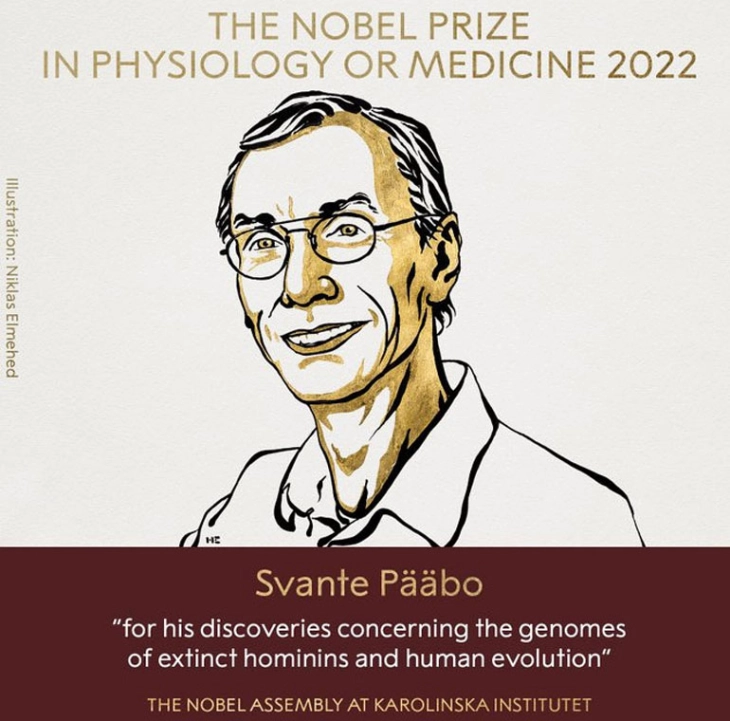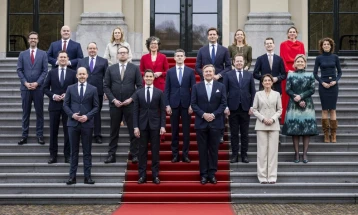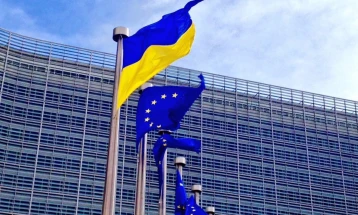Genetic research clarifying human evolution leads to Medicine Nobel

Stockholm, 3 October 2022 (dpa/MIA) - Efforts to crack the genomes of extinct creatures - leading to breakthroughs in the study of human evolution - garnered the Nobel Prize in Physiology or Medicine for Svante Pääbo of Sweden on Monday.
Germany-based Pääbo made his name in the field by sequencing the genome of the Neanderthal, an extinct relative of modern humanity, as well as by discovering a previously unknown human-like life form, the Denisova. He also showed that both contributed genes that still exist in modern humans.
"By revealing genetic differences that distinguish all living humans from extinct hominins, his discoveries provide the basis for exploring what makes us uniquely human," said the Nobel Assembly in a statement.
He is the son of Sune Bergström, who won the same Nobel Prize in 1982.
Pääbo was born in Stockholm in 1955, but has worked at the Max Planck Institute for Evolutionary Anthropology in Leipzig, Germany, since 1999 and is now the director.
The Max Planck Society, which operates the institutes, tweeted: "Speechless! HAPPY! Pinching ourselves!"
The secretary of the Nobel Assembly at Stockholm's Karolinska Institute, Thomas Perlmann, said Pääbo was "overwhelmed, speechless and very happy" when hearing the news by telephone.
Pääbo asked if he could tell anyone about the award before the official announcement and was told it was fine to tell his wife, Perlmann added.
The University of Uppsala in Sweden, congratulated its former student. Rector Anders Hagfeldt said Pääbo's groundbreaking research meant he succeeded in doing what no one had thought possible - the mapping of the Neanderthal's genetic make-up.
Awarding Pääbo the Nobel Prize was therefore a very good choice, Hagfeldt added.
"After all, his research is enormously fascinating with the mapping of human origins," he said.
This year's Nobel Prize announcements started with the medicine prize. The winners of the physics and chemistry prizes will be published on Tuesday and Wednesday followed by the Nobel Prize for Literature and the Nobel Peace Prize on Thursday and Friday.
The Nobel Prize for Economics is announced next Monday.
The award ceremonies traditionally takes place on December 10, the anniversary of the death of prize donor and Swedish scientist Alfred Nobel in 1896.







